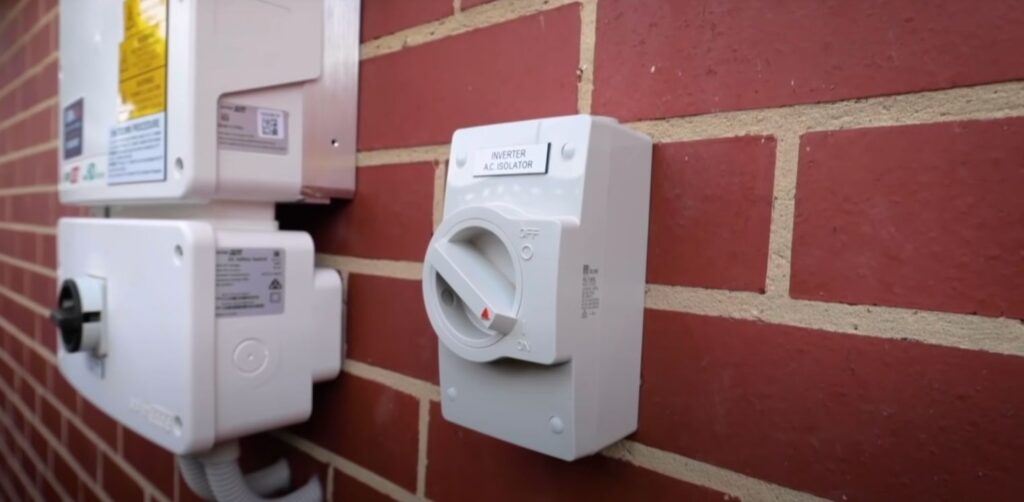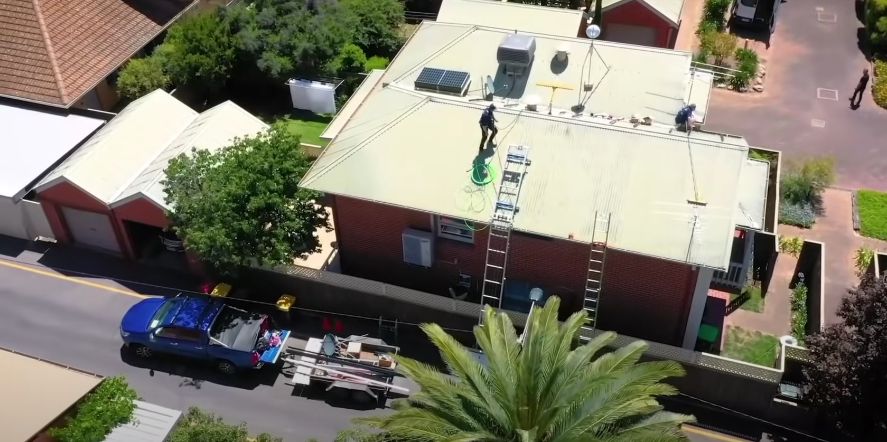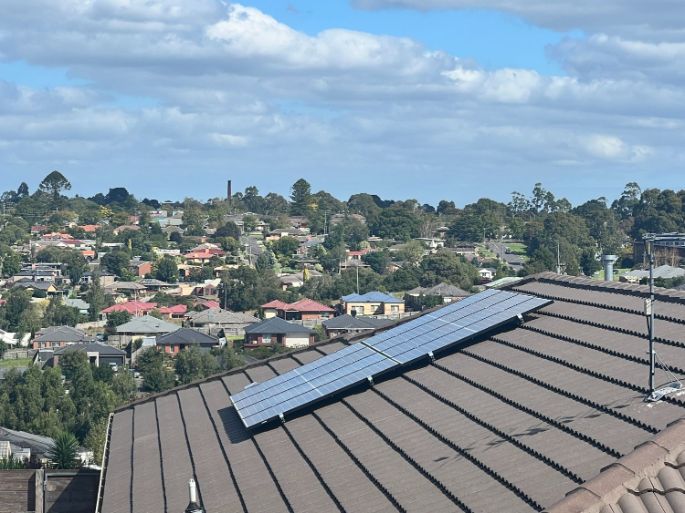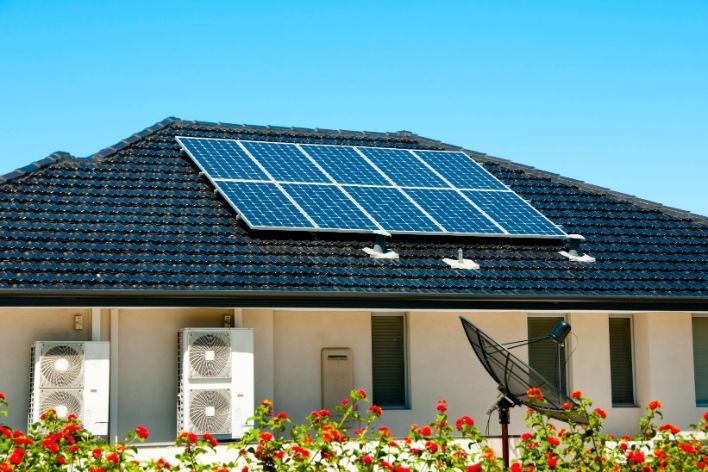Off-grid solar refers to owning a solar power system that isn’t connected to the utility grid. These systems have all of the essential items and equipment needed to produce, store, and supply energy for their owners.
An off-grid solar panel system is also known as a ‘standalone solar power system’ due to the fact that it works independently. This independence also makes an off-grid solar power system more costly than its on-grid counterpart.
At Connected Solar Gippsland, we provide residents of Gippsland solar solutions that can help them get off the grid.
In this blog, we’ll answer the most asked questions pertaining to off-grid solar.
How Does an Off-Grid Solar System Work?

An off-grid solar system works the same way as an on-grid system; by providing homeowners with electricity through solar energy. The main difference is that off-grid systems normally produce excess electricity. Doing so allows its owners to store the surplus in batteries for later use.
With the energy stored in batteries, people can access electricity no matter if it’s sunny outside or not. Keep in mind that an off-grid system won’t have access to electricity from the utility grid whenever its owners need it.
Being off-grid means you don’t need to depend on your utility provider for electricity, unlike how a green power grid works. Check out our blog here if you’re wondering ‘what is green power?’

What Are the Advantages of an Off-Grid Solar System?
The advantages of an off-grid solar system are:
- You don’t have to rely on an electricity provider for power
- You can have electricity even in remote locations
- No need to worry about paying utility fees
What Are the Disadvantages of an Off-Grid Solar System?
The disadvantages of an off-grid solar system are:
- The upfront cost of installation is higher
- Energy storage is limited
- Solar batteries need to be maintained and kept safe
Can I Go Completely Off-Grid With Solar Panels?

Yes, you can go completely off-grid with solar panels. However, such a setup will require you to have solar batteries that can provide at least a few days of electricity in case of continuously cloudy days.
However, a full off-grid solar power system isn’t the best choice for people living in or near a city. The main reason for this is that off-grid is expensive and won’t yield the same savings a grid-tied solar system can provide for city dwellers, even with a solar feed-in tariff.
How Much Solar Does It Take to Be Off the Grid?
The number of solar panels needed to be off the grid will highly depend on how much electricity its owners consume, their location, and the backup power available.
The average off-grid home usually needs 7kW of power to operate entirely on its own energy output. It’s safe to say that you’ll need to invest in this size of a solar system to be independent.
How Much Does It Cost To Install a Off-Grid Solar System?

The following are the average off-grid system prices you can expect to pay:
- Small 2-bedroom home: $15,000 to $25,000
- Average 3-bedroom home: $15,000 to $25,000
- Average 4-bedroom home: $25,000 to $45,000
- Heavy power user: $45,000 to $70,000 or more
As mentioned earlier, the price of an off-grid solar power system will be higher than an on-grid system because of the number of batteries needed. Battery storage plays an essential role in powering off-grid homes during days when solar production is low.
Additionally, you’ll most likely need to replace these solar batteries once every 10 years, which also adds to the total cost.
